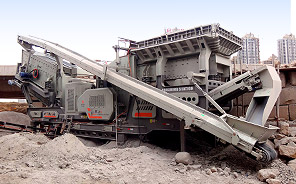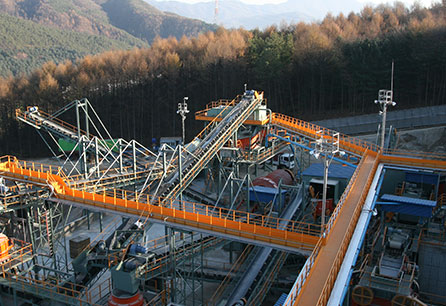Carbide shank boring bars are specialized tools used in turning operations to create precise, accurate holes in workpieces. These tools are particularly valued for their rigidity, durability, and ability to maintain tight tolerances. Here’s an overview of carbide shank boring bars for turning:
—
 Key Features of Carbide Shank Boring Bars
Key Features of Carbide Shank Boring Bars
1. Material:
– The shank is made from solid carbide, which provides exceptional stiffness and resistance to deflection compared to steel shanks.
– Carbide is highly wear-resistant, making it suitable for high-speed machining and hard materials.
2. Rigidity:
– Carbide shanks minimize vibration and chatter during machining, ensuring smoother cuts and better surface finishes.
– Ideal for deep-hole boring or when working with long overhangs.
3. Precision:
– Carbide’s stability allows for tighter tolerances and more consistent results in turning operations.
4. Versatility:
– Suitable for a wide range of materials, including steel, stainless steel, cast iron, aluminum, and exotic alloys.
5. Coolant Options:
– Many carbide shank boring bars are designed with internal coolant channels to improve chip evacuation and extend tool life.
—
Applications
– Deep-hole boring: Carbide shank boring bars excel in deep-hole applications due to their rigidity.
– Internal turning: Used for machining internal diameters (ID) with high precision.
– Hard materials: Ideal for machining hardened steels or other tough materials where wear resistance is critical.
—
Advantages
– Reduced deflection and vibration.
– Longer tool life due to carbide’s wear resistance.
– Improved surface finish and dimensional ac acy.
acy.
– Ability to handle higher cutting speeds and feeds.
—
Selection Considerations
1. Shank Diameter: Choose a diameter that fits your machine’s tool holder while providing sufficient rigidity for the job.
2. Length-to-Diameter Ratio: For deep-hole boring, select a bar with an appropriate length-to-diameter ratio to minimize deflection.
3. Insert Compatibility: Ensure the boring bar is compatible with the desired insert type (e.g., CCMT, DCMT).
4. Coolant Requirements: Decide whether internal coolant capability is necessary for your application.
—
Popular Brands
– Kennametal
– Sandvik Coromant
– Iscar
– Mitsubishi Materials
– Walter




